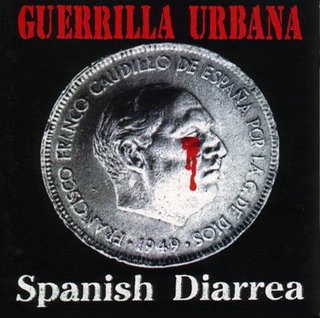
The person answering this interview is Lurker Grand. He was born on September 6th of 1961 in the town of St.Gallen in Switzerland. Lurker was part of the first generation of punk (1977), he was the singer of the band Nitro (1978) and the publisher of the fanzine Röfa (1979). He was also the organiser of the first Punkfestival in St. Gallen (1980), took part in the “Bewegung” (youthriots) in Zurich and St.Gallen for an AJZ (1980-84) (autone/anachistic-youth-centre). Lurker organised concerts at the new venues Rote Fabrik, Zurich and Grabenhalle, St.Gallen (1983-84). He also ran a label called Teufeslkraut (1983-84). Lurker emigrated to New York to the Lower Eastside (1984-97), then to Bangkok, Barcelona and he has been living in Berlin for the last 12 years. The book Hot Love, Swiss Punk and Wave 1976 - 1980 was published between Lurker Grand and other ex-punks in 2006 (30 year of punk movement) and in 2012 he wrote Heute und Danach, about postpunk in the 80's (see link at the end of the interview). Lurker believes that punk is not part of an ideology and does not follow any rules. It’s a state of being yourself, being responsible for yourself, being a state of art.
ALM. When and how did the Punk scene start in the Switzerland: the first bands, the first important concerts or festival with local or foreign bands, etc.
Lurker. Punk started in Switzerland very early; I will come back on some topics at the question about Labels and Fanzines. The first concert happened in October 1976 with Patti Smith and ended in chaos. On April 24, 1977 the Ramones played with Talking Heads. This combination was kind of important, because Swiss Punk and New Wave always went hand in hand. What launched the punk scene was on October the 1st, The Clash were supported by the first Swiss punk band called Nasal Boys.
ALM. The media impact, prohibitions, scandals, provocation, etc.
L. I did publish a book about this in 2012, called Heute und Danach. The Swiss Underground Music Scene of the 80’s. It’s almost 700 pages thick, so there are many incidents mentioned.
ALM. Second Wave or other sub- genres or styles: hard core, Oi, after punk, psychobilly, etc.
L. The second wave was similar (musicwise) to any other country in Europe. The Hardcore Punk movement started a little bit later. I would say this was the third wave and started around 1985 with bands like Decay, Dark Age, Fleisch, Profax and so on and happened mainly in the German speaking part of Switzerland. The only excepetion was Miscast from Olten, who where around much earlier.
ALM. Labels, fanzines, music radio shows, legendary concert venues, etc.
L. Very important was a Swiss radio show from 1974 to 1978 called Music out of London. The host from this show lived in London. Then, also the first fanzine, called Minimal Rock by Bob Fischer started around the same time. Almost all the labels and records were, and still are, produced and distributed independently. In March 1981 the American band Plasmatics tried to play a gig in Zurich. For me and many others they represented a very commercial version of punk. Something rather like a punk-act and they did make themselves look punk and of course wanted to make some money out of it… We fucked them really hard and tried to set the venue on fire.
ALM. Relation with other tribes (mods, rockers, gothics, heavies, etc), if there was violence or good relations, etc.
L. In the first years all the relations punks had with other tribes like cops, rockers, teddy boys, poppers, farmers or travoltas were the same and you can easily imagine those relations (all the other tribes did not exist yet). In the years of 79/80 postpunk also started in Switzerland and all the new music-styles and tribes that came with it, first from England and then from the US. In all of these tribes punks from the first wave were part of it, so you can imagine how the relations were. Even with the skinheads in the beginning there was not much of a problem. Later of course things changed, like everywhere else.
 |
| Yberbium
70 |
ALM. Drugs, police repression, nazi violence… and most notable deaths and their cause (AIDS, overdose, car crash, assassination, etc).
L. At the beginning of 1980 political opinions took a strong stand in some of those youth cultures. In particular right-wing skinheads and left-wing punks. I personally believe, politics has nothing to do with punk, but this is one of the differences between the first and second wave/generation of punk. Like before, free public space, cheap renting and a liberal drug policy did not exist. What did happen was a lot of different groups fought violently for “alternative/anarchy youth centers” (called AJZ), liberal drug politic, cheap housing and against any kind of discrimination (eg. If you were gay, lesbian, an immigrant or just anyone who felt somehow different), not forgetting any kind of fascism and to eliminate the Swiss army). This happened through all the eighties, mostly in urban areas. I have to explain, that in an AJZ the government and cops did not have any control, so we speak of an area or location where an alternative lifestyle was experienced. Of course at these locations the mix of radical groups, drug addicts, skinheads, anarchist, punks, drug gangs, feminists, political groups, rockers, hippies and so on had their impact on all of us. I imagine you understand what I want to say and some of you have probably heard of Needle Park in Zurich around the late 80 and early 90. But even today, 30/35 years later most of these locations still exist. Not in the same form as the beginning and all subsidized in some way by the local state.
ALM. Girls on the scene, sexuality and homosexuality.
L. I will mention this with numbers of musicians on record releases. From 1976 to 1991 we have 246 female musicians and 1669 male musicians. Female presence on all releases is 403/1430, say 28%. I would consider the homosexuality numbers around the same. Not to forget that in those days a lot of us did experiment heavily with our sexuality.
ALM. Politics of punk or activism in punk: anarcho punks, squatting, red skins, etc.
L. All of these images, names, tribes or whatever, are nothing more than a joke today, particularly in the so called free world. It is perhaps for an individual young person, to hold onto memories of a certain time in his life, but nothing more. He can be part of a group, where he feels understood and hopefully find himself. In most countries around the rest of the world, these tribes still have a strong meaning, because they heard about what youth culture can stand for. In the society they live in there is absolutely no room given for all of this. So I say get real and face it like it is today and don't do it like we did it 30/40 years ago...
ALM. Punk nowadays: if the scene is bigger or less, if it is more active, commercial, etc.
L. Today, punk in Switzerland does not play a role anymore. We do not have a swiss youth working class anymore. The working class kids are foreign kids or secondos (born in Switzerland, but their parents are immigrants) and they are into Hip-hop and Rap. As well, there are a lot of "cool" parents today. They themselves where part of a tribe, so why should their kids become punks? One of the first reasons why you become punk were your own parents, it was then called a generation Gap, we were called the generation X, remember? What is still very common are all the lifestyle/music tribes… Let’s call it retro lifestyles, where people today of any age live as if in another period. So they surround themselves with any fetish out of that period. For me, unfortunately punk is also part of that. But punk by its original meaning did offer much more and should not to end up like this. Only 20% of punk is music and style, but the other 80% is forgotten or rarely talked about and are also not mentioned in this interview.
ALM. Ten indispensable records (any format) from the 80’s, ten more from the 90’s until nowadays, and a list of the 10 most essential songs of punk in Switzerland.
Early punk:
- Nasal Boys. Hot Love / Die Wüste Lebt 7” (1978).
- Kleenex. Beri-Beri/Aint You/Hedis’ Head/Nice 7” (1978).
- TNT. Züri Brännt / 131 / Subwayscene 7” (1979).
- Yodler Killers. Jacot Masturbette / Sousölrock 7” (1979).
- Crazy. No Chance LP (1980).
- Shizoids Ltd. Randalier/ Zerstör 7” (1981).
- Bellevue. Soldatenlied / Passport To Boredom 7” (1982).
- Yberbium 70. Futur soldat Suisse 7” (1983).
- Chin-Chin. We don’t wanna be prisoners 7” (1984).
- The Kick. The Kick 12” (1985).
- Les Maniacs. Les Maniacs 12” (1986).
- Young Gods. Did You Miss me 12” (1987).
- Coroner. No More Color LP (1989).
Newer releases:
- Lombego Surfers. At The Gate of Graceland Doble LP (1990).
- The Monsters. The Hunch LP (1991).
- Jack & The Rippers. I Think It's Over LP (2005).
- The Bastards. Schizo Terrorist LP (2006).
- Nasal Boys. Lost And Found LP (2006).
- Discolokosst. Discolokosst LP (2007).
- Chin Chin. Sound of the Westway LP (2010).
- Glueams. Discography LP (2010).
- Bellevue. Discography LP (2011).
- Kleenex / Liliput. 1977 – 1983 4LP’s (2011).
- The Kick. The Kick LP (2012).
- TNT. TNT Double LP (2014).
Links:
- Heute und Danach. The Swiss Underground Music Scene of the 80's:
Here.

















































































%20-%202.jpg)


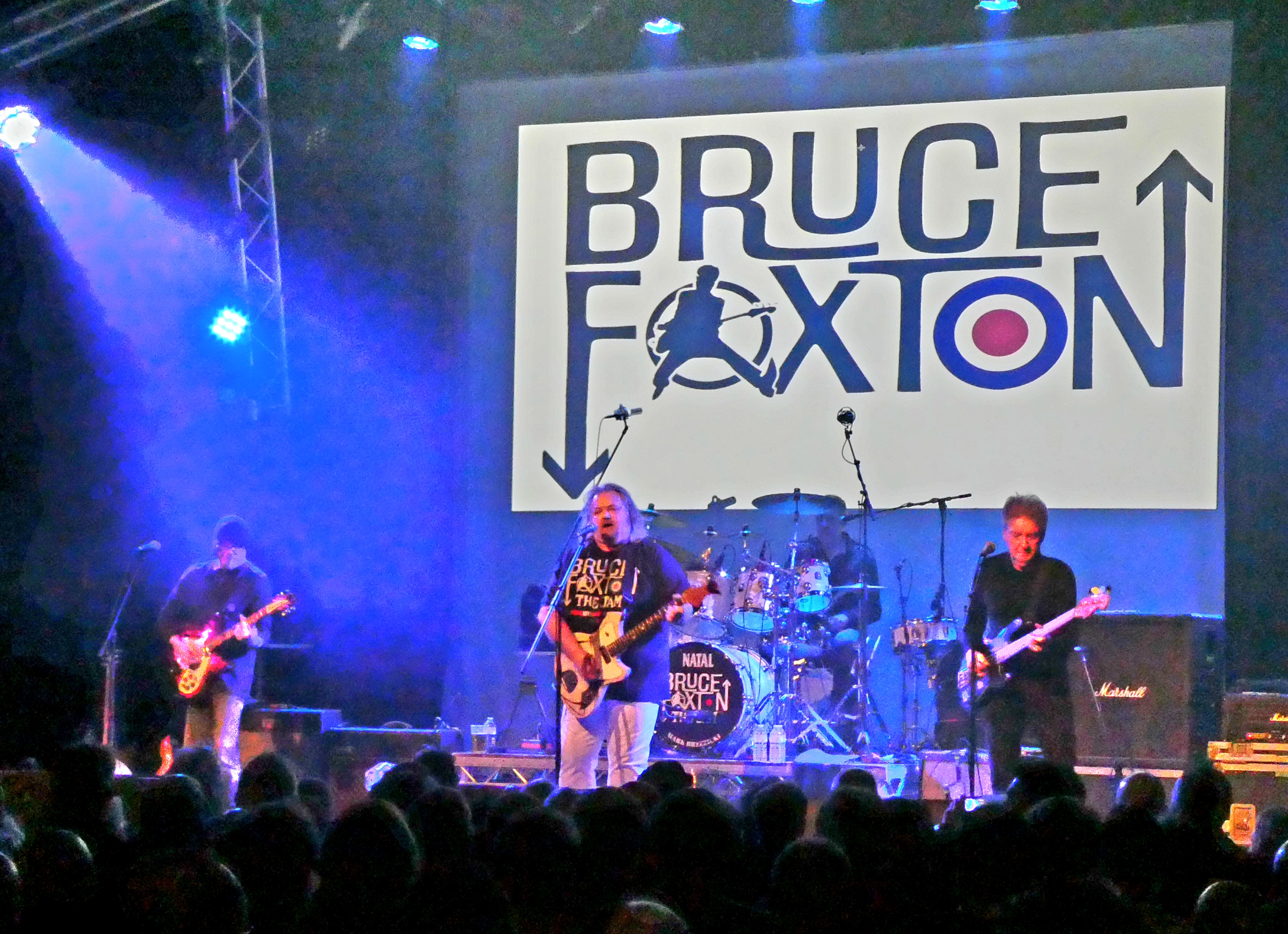
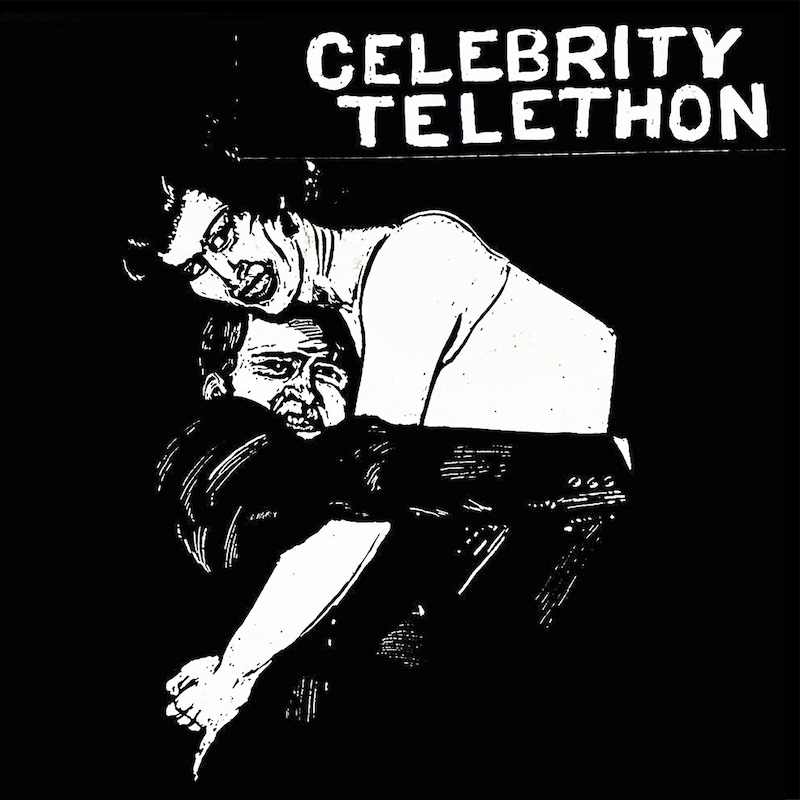













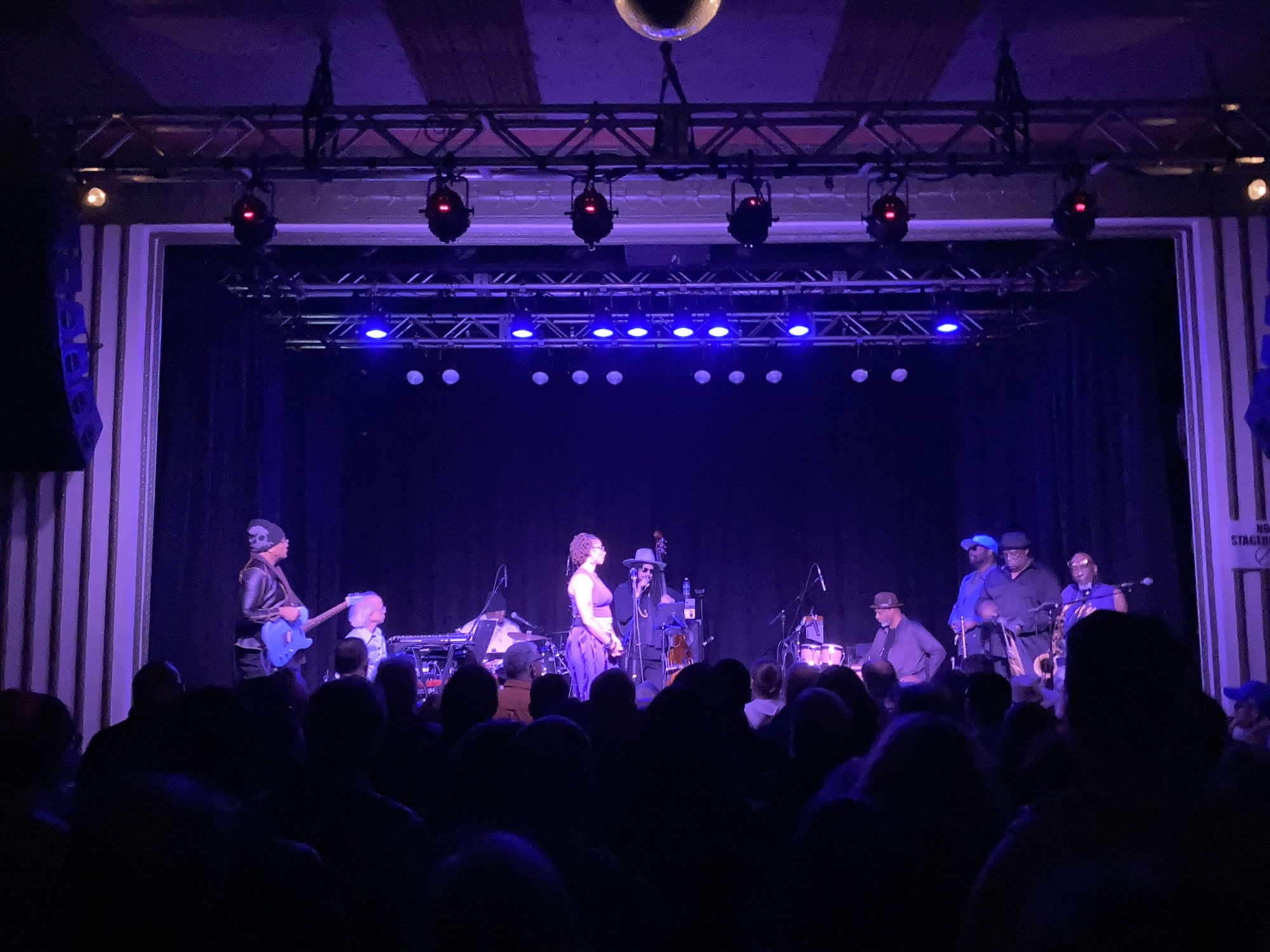





























.jpg)






































.jpg)









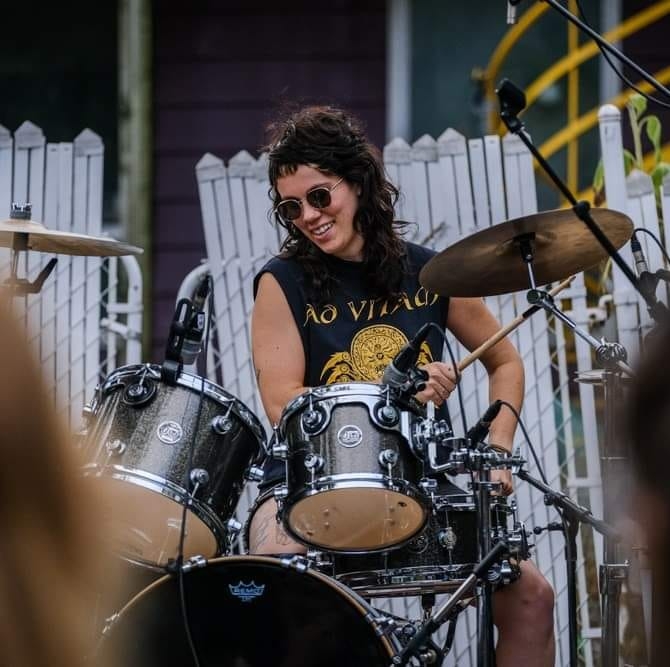


































































































.jpg)


































